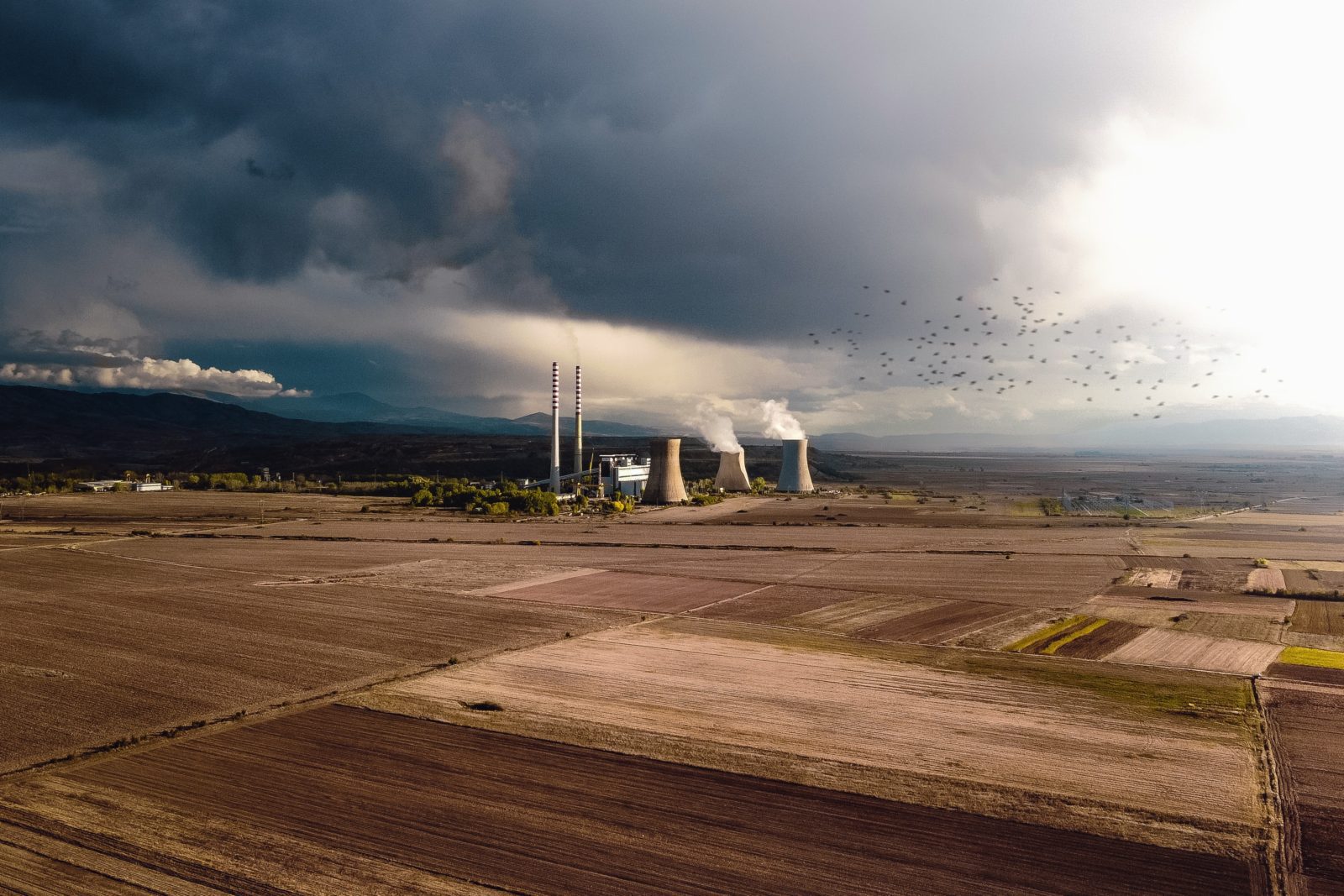The committee for constructing new nuclear sources recommended a plan for developing small and medium-sized reactors in the Czech Republic to the government. Energy challenges in the country and across Europe require adequate energy supplies for industrial and civilian use. Jozef Síkela, the Minister of Industry and Trade and Chairman of the Committee emphasized the importance of nuclear energy in fulfilling these needs and addressing the impacts of Russian aggression and decarbonization.
The Ministry of Industry and Trade is preparing an update to the State Energy Concept, featuring nuclear energy as a critical component alongside renewable energy sources. Preparations for a new reactor in Dukovany and construction of additional blocks in the Dukovany and Temelín power plants are prioritized.
Small and medium-sized reactors are also being considered to supplement the country’s power grid and heating system. Based on previous analyses, constructing three to four large blocks may not be sufficient for the country’s needs. Energetická společnost ČEZ plans to operate the first small modular reactor around 2032 in collaboration with foreign vendors. The company is currently in negotiations with seven potential suppliers. Future reactors could replace retiring coal-fired power plants or serve as a heat source for cities.
As many as ten sources could be operational in the country by 2045. The size of the reactors will vary depending on the selected design, but around 3000 megawatts of output will need to be replaced by 2045. The construction of 10 reactors is expected to fulfill this requirement. ČEZ has signed memoranda of cooperation with several companies, including NuScale, GE Hitachi, Rolls Royce, EDF, Westinghouse, KHNP, and Holtec, to develop small modular reactors. ČEZ intends to participate in research and development activities through its subsidiary ÚJV Řež.
Nuward, a project by EdF, aims to offer a reactor with an output of 340 MW, equivalent to a coal-fired power plant block. AP 300, a modular reactor by Westinghouse, is also under development. The reactor is based on AP1000 and has been designed for over 80 years. Rolls-Royce’s small modular reactor is planned to have an output of 470 MW and a lifespan of 60 years. Over 90% of the components will be manufactured in a factory and transported to the site for installation.
The Czech government’s plan to develop small and medium-sized reactors will fulfill the country’s energy needs and support its transition to a low-carbon economy.





